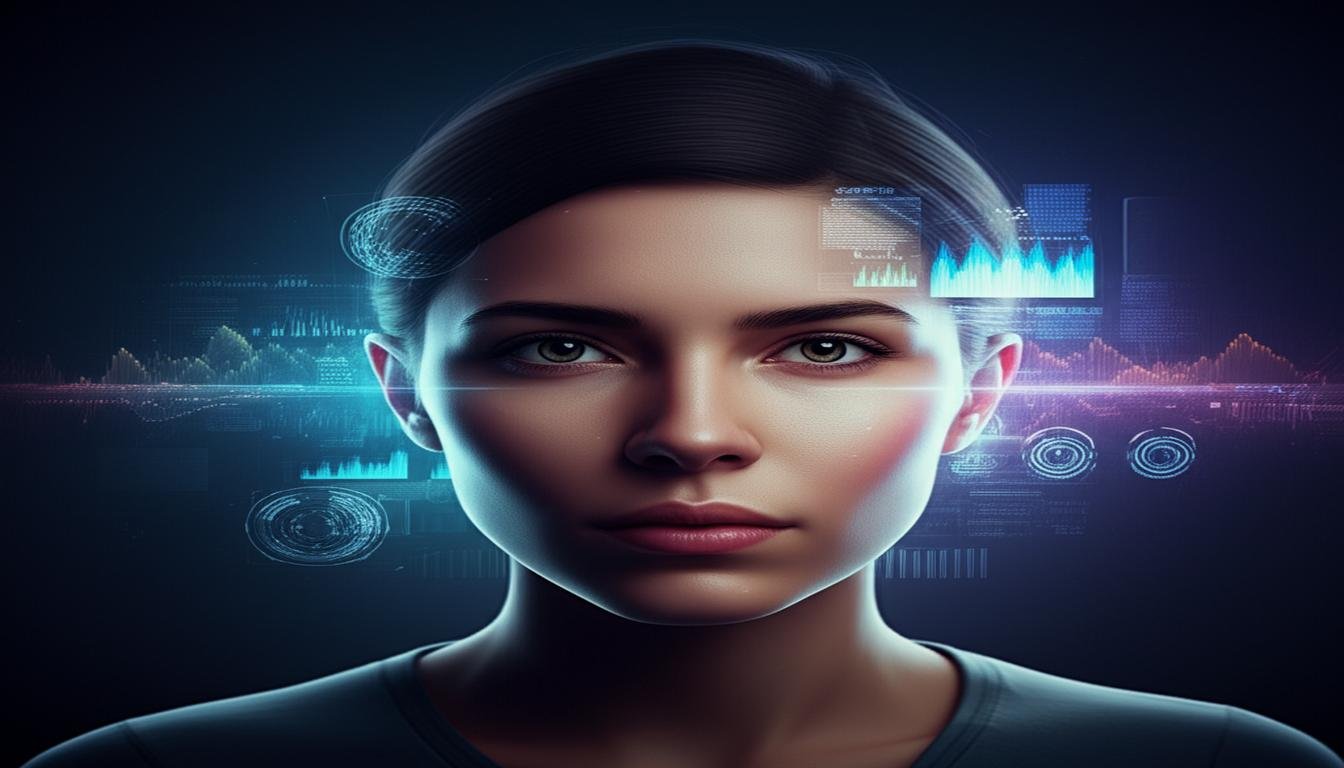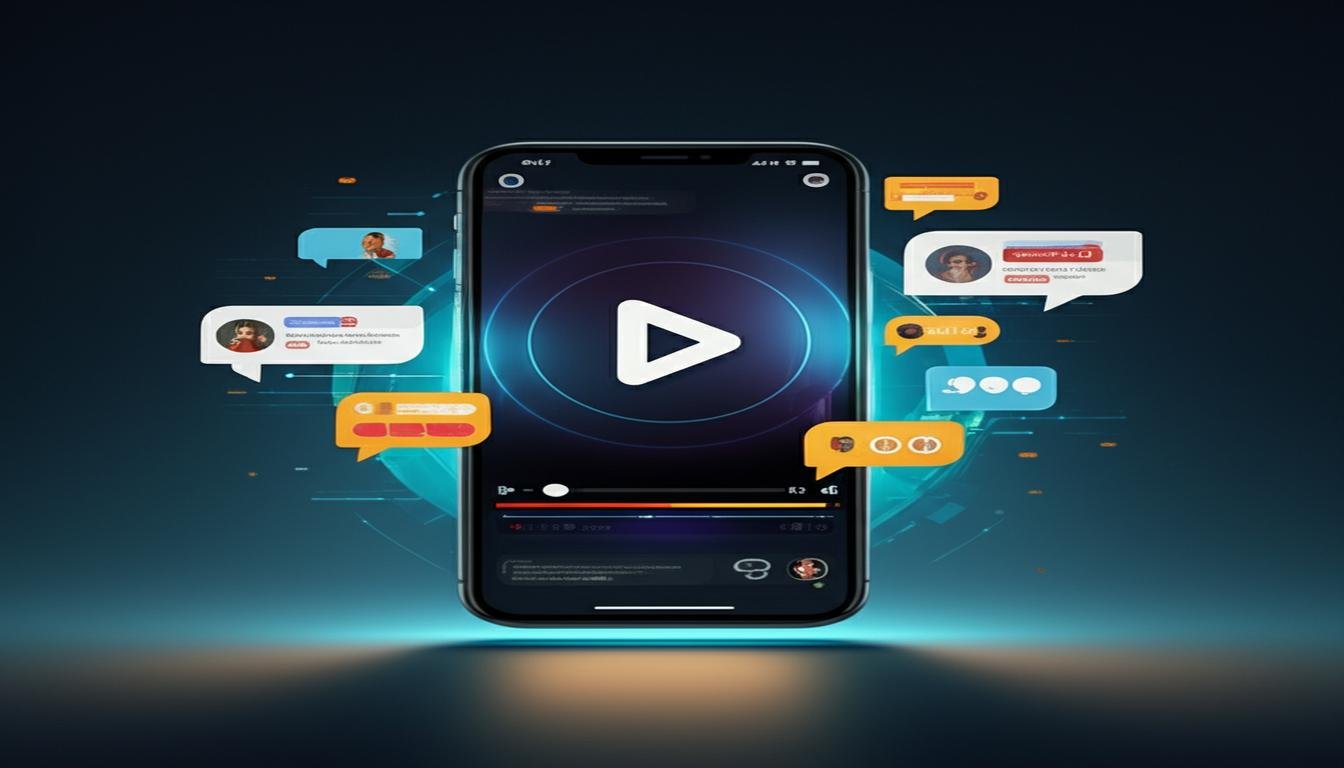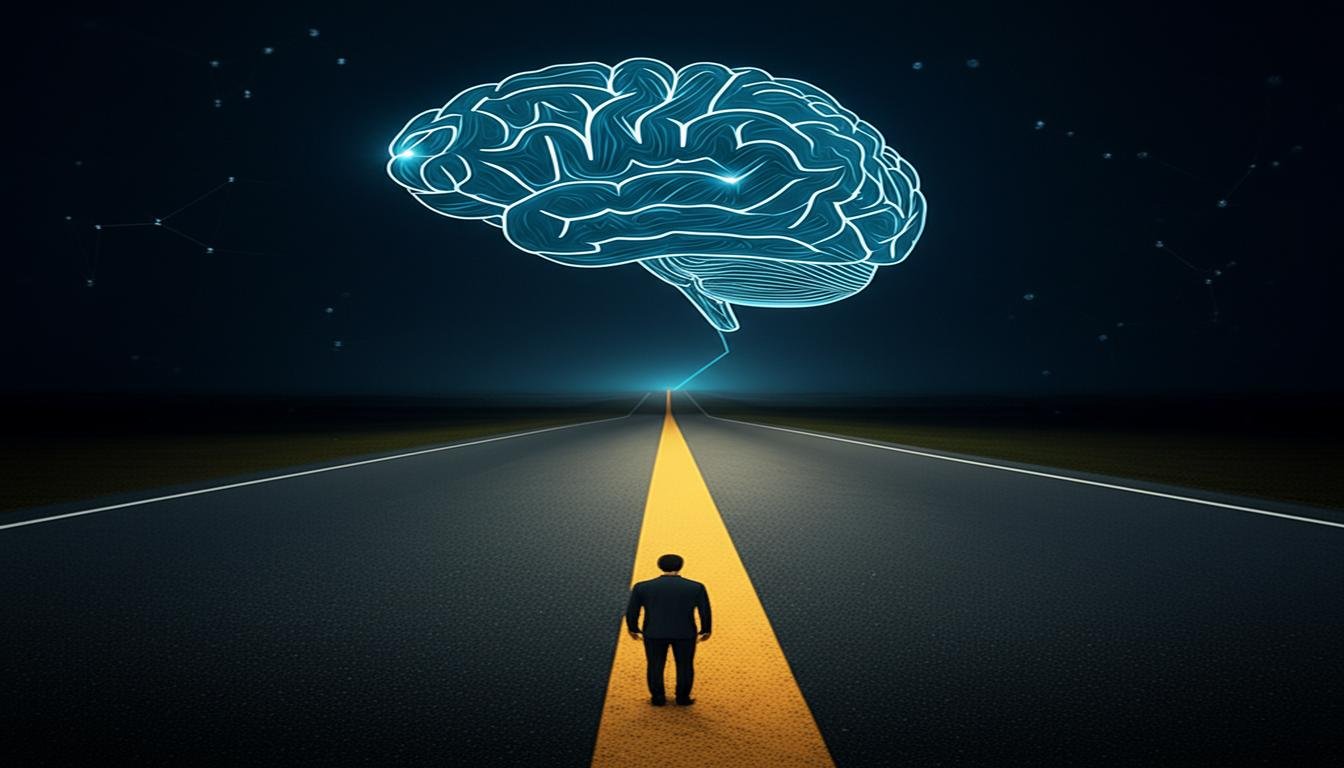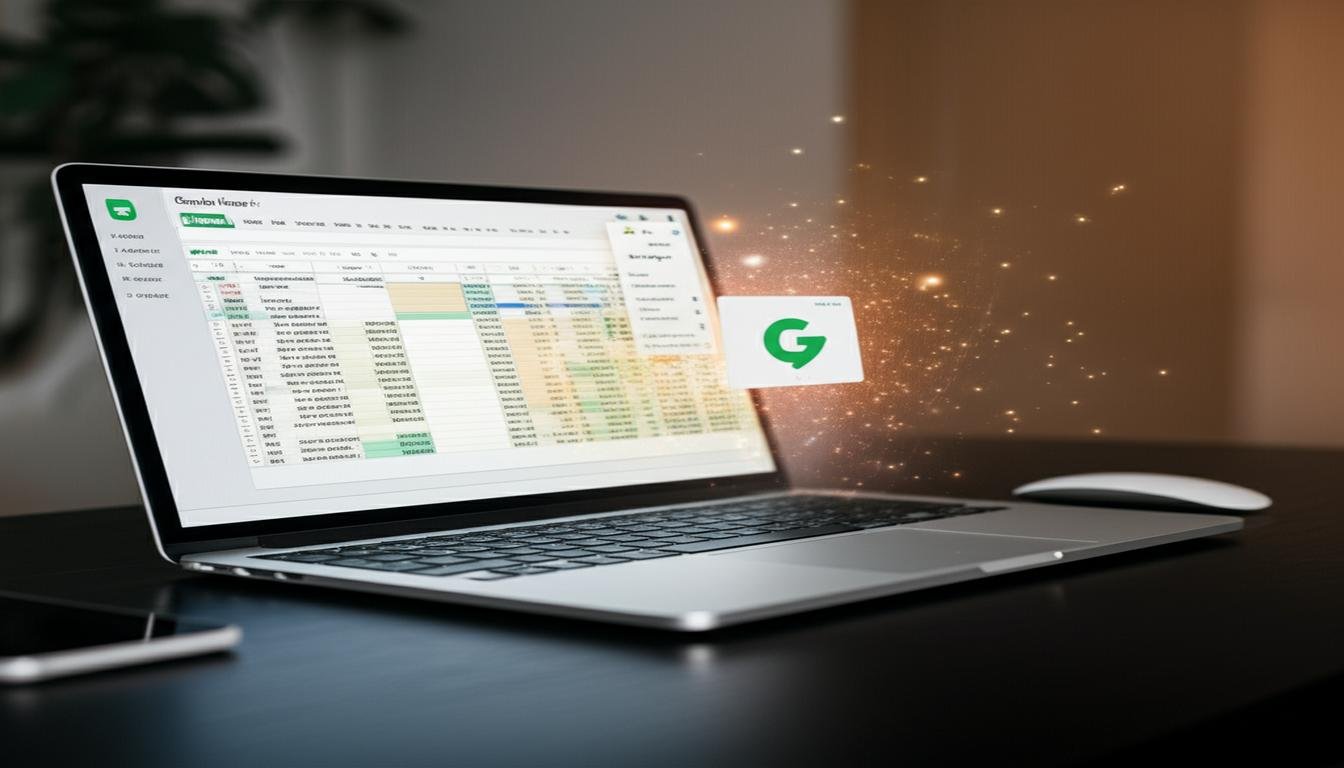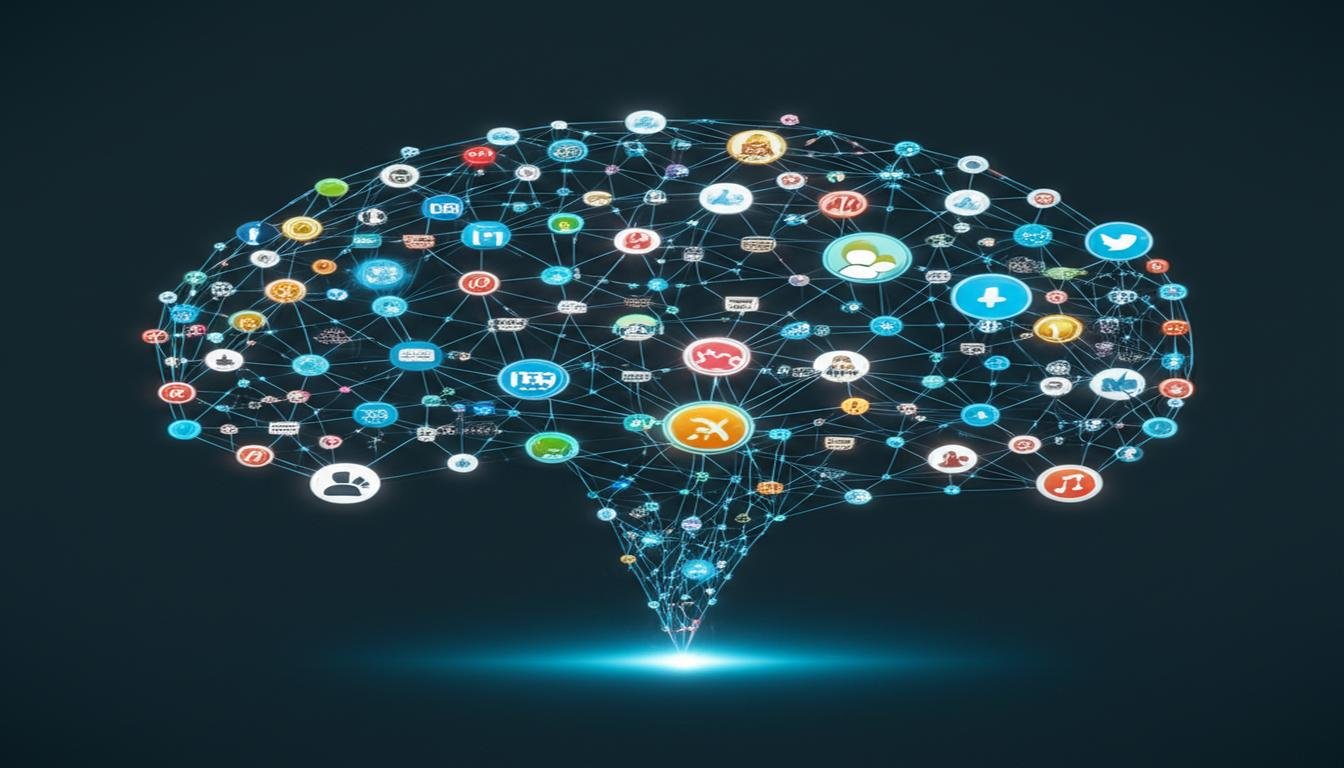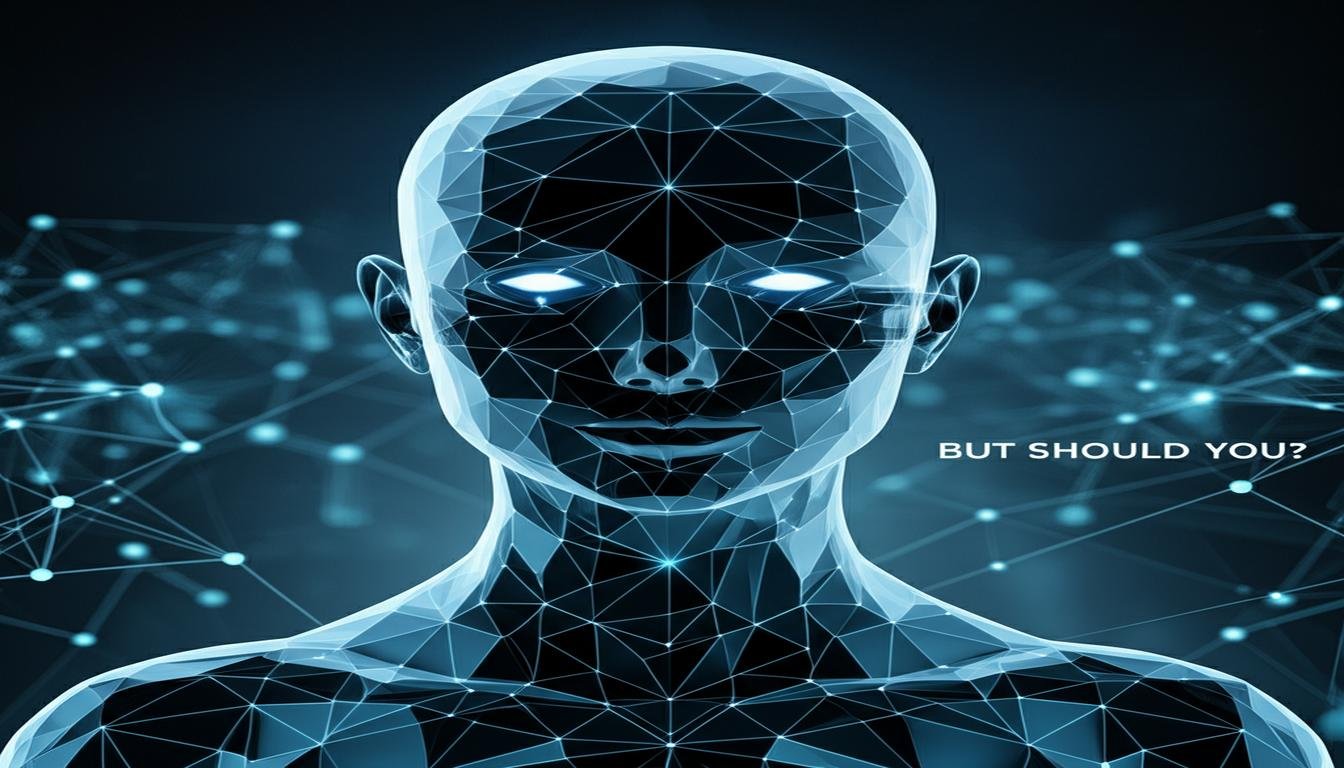Can Your Selfie Really Reveal Your Deepest Personality Traits? You snap a selfie, maybe adjust the lighting, add a filter, and hit send. Simple, right? But what if that very picture, a fleeting moment captured, could tell an artificial intelligence system who you *really* are? Not just your current mood, but your core personality traits? It sounds like something out of a sci-fi movie, yet this technology is not only real, it’s evolving fast. Imagine an advanced AI looking at your face and deducing if you’re an introvert or an extrovert, if you’re agreeable or conscientious. That’s the fascinating (and slightly unsettling) reality of AI personality analysis from a selfie. How Does This Selfie Personality AI Even Work? It’s not magic, but it certainly feels like it. These sophisticated artificial intelligence technologies don’t just “see” a face; they analyze an incredible amount of subtle data points. Think of it this way: Micro-expressions and Facial Cues: Humans unconsciously give away tiny signals with their faces. An AI, powered by deep machine learning algorithms, can detect these minute muscle movements, often too quick for the human eye to consciously register. These can hint at underlying emotions and consistent behavioral patterns. Facial Structure Analysis: Beyond fleeting expressions, the AI also looks at more stable features. While controversial, some studies explore correlations between certain facial structures and dominant personality traits. The AI crunches massive datasets to find these intricate patterns. Non-Verbal Communication: Your “resting face,” how you naturally hold your mouth, the way your eyes crinkle – all contribute to non-verbal cues. The AI learns to interpret these, drawing connections between these visual markers and established psychological profiles, often referencing the widely accepted “Big Five” personality traits (Openness, Conscientiousness, Extraversion, Agreeableness, Neuroticism). The AI essentially trains itself on countless images where personality data is already known, learning to identify specific visual markers that consistently appear with certain traits. It’s like teaching a computer to recognize a dog by showing it a million dog pictures until it understands what “dogness” looks like. Real-World Applications and Big Questions The implications of this cutting-edge facial recognition AI are huge, sparking both excitement and ethical debates. Here are a few areas where this AI personality analysis is making waves: In the Job Market: Beyond the Resume Some companies are already exploring this AI as a pre-screening tool for job candidates. Instead of just reading a resume, an employer might use an AI to analyze a video interview or even a profile picture to get a “personality read.” The idea is to find candidates whose disposition aligns well with specific job roles or company culture. Potential Benefit: Could help identify hidden potential or ensure a good team fit. Major Concern: What about bias? If the training data contains biases, the AI could unfairly disadvantage certain groups of people. And does a selfie truly capture professional capability? Self-Discovery and Personal Growth Imagine using an app that analyzes your selfie and gives you insights into your own personality traits. It could be a fascinating tool for self-reflection, helping you understand your strengths and weaknesses from a new perspective. Perhaps it could even suggest areas for personal development or career paths that align with your natural inclinations. Marketing and Personalization Marketers are always looking for ways to understand consumers better. An AI that can infer personality from images could help tailor advertisements and product recommendations with uncanny accuracy, creating highly personalized user experiences. The Human Factor: Are We Giving Away Too Much? This AI technology is undeniably powerful, offering fascinating psychological insights. But it also prompts crucial discussions about data privacy, consent, and the very definition of identity in the digital age. Accuracy vs. Nuance: While impressive, can an algorithm truly capture the complexity of human behavior and personality? We’re all more than just a set of traits. Data Security: If your personality can be “read” from your face, who owns that data? How is it protected? Ethical Use: Who decides how this powerful AI is used? What are the boundaries? The ability of an AI to infer personality from a selfie is a testament to incredible digital innovation. It highlights how far artificial intelligence has come in understanding human behavior, even through non-verbal cues. Yet, like all powerful tools, it comes with a responsibility to use it wisely, thoughtfully, and with a strong understanding of its limitations and ethical implications. So, What Does Your Selfie Say About You? The next time you snap a photo, consider this: there’s a world of advanced algorithms out there learning to decode more than just your smile. This AI knows your personality (or at least, a highly educated guess at it) from a selfie, and it’s prompting us to rethink everything from job applications to our understanding of self. As this technology continues to develop, it’s vital that we, as users and innovators, keep asking the big questions about privacy, bias, and the very essence of what makes us human.
This AI Knows Your Personality From a Selfie
